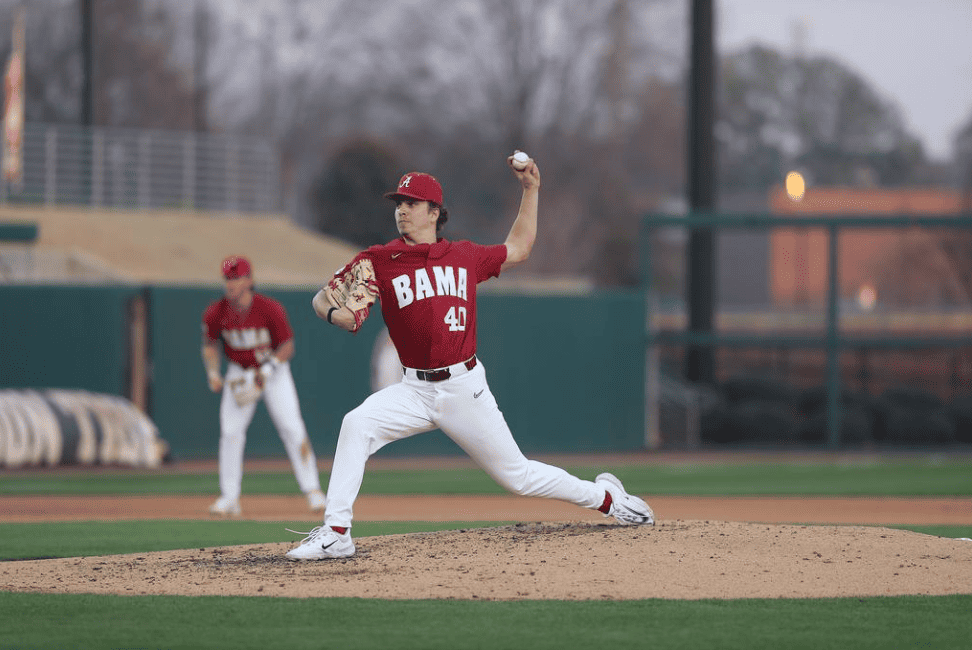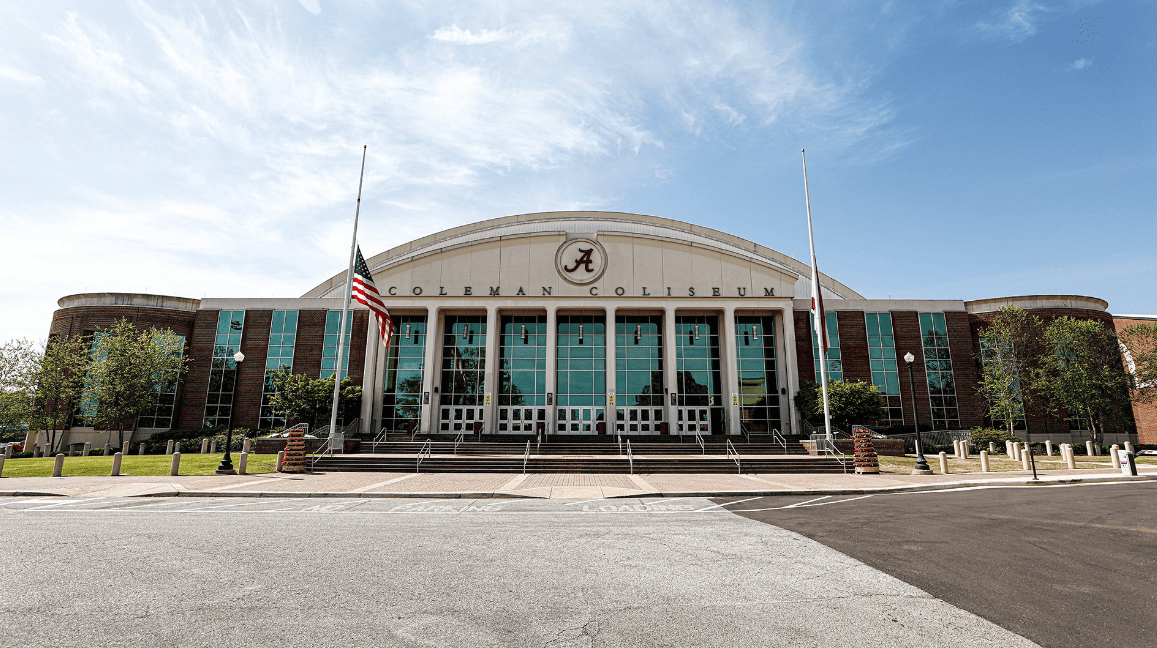“As a child, science was always presented to me in these wonderful demonstrations similar to magic shows,” she said. “I grew up admiring scientists and inventors and ultimately decided to study physics because I found that answering the questions ‘why’ and ‘how’ was very intellectually satisfying.”
Leshnov, a junior majoring in physics, will be interning with the U.S. Department of Energy’s Science Undergraduate Laboratory Internship program, conducting research at the National Renewable Energy Laboratory in Golden, Colorado. Her research specifically focuses on developing biofuels – transportation fuels derived from organic matter, or “biomass.”
“The application process was lengthy and quite rigorous, but it gave me time to reflect on exactly why I am so drawn to pursuing a career in energy research,” she said. “Do not let the fear of rejection stop you, ever. If you do not apply, you deny yourself the chance to do some self-analysis and see how your skills and experiences line up with your goals. Always take accountability for your own education.”
The Department of Energy offers acceptance to only 100 undergraduate students across the nation. Hundreds of applications are received each year. Applying students must have a cumulative minimum GPA of 3.0 on a 4.0 scale. Applications are judged on academic performance, especially in science, technology, engineering and mathematics.
“I recommended [Marissa] for this internship because she possesses the characteristics necessary for being successful,” said Susan Burkett, a professor in the College of Engineering who taught Leshnov in an introduction to research class. “Marissa is a very good example of how taking initiative and ownership of your education leads to great things.”
Research interns spend 10 weeks (summer term) or 16 weeks (semester term) at a laboratory where they take on research projects with the guidance of laboratory scientists or engineers.
“Understanding the natural world is a very exciting endeavor,” Leshnov said. “I look forward to working in an environment that will allow me to juxtapose theory with real-world applications, while also becoming a more knowledgeable researcher.”
Along with laboratory work, Leshnov is expected to attend scheduled events, such as lectures, laboratory tours and other group activities.
Leshnov’s 16-week internship also requires its participants to partake in a research project report.
“This research project report will require my constant attention while I work full-time under the supervision of my research mentor,” she said.
Joey Dyer, a junior majoring in computer science and a friend of Leshnov’s, said Leshnov has expressed interest in government work.
“She’s also continually expressed interest in working with government organizations on cutting-edge research projects,” he said. “I genuinely believe that her research will make a difference.”







